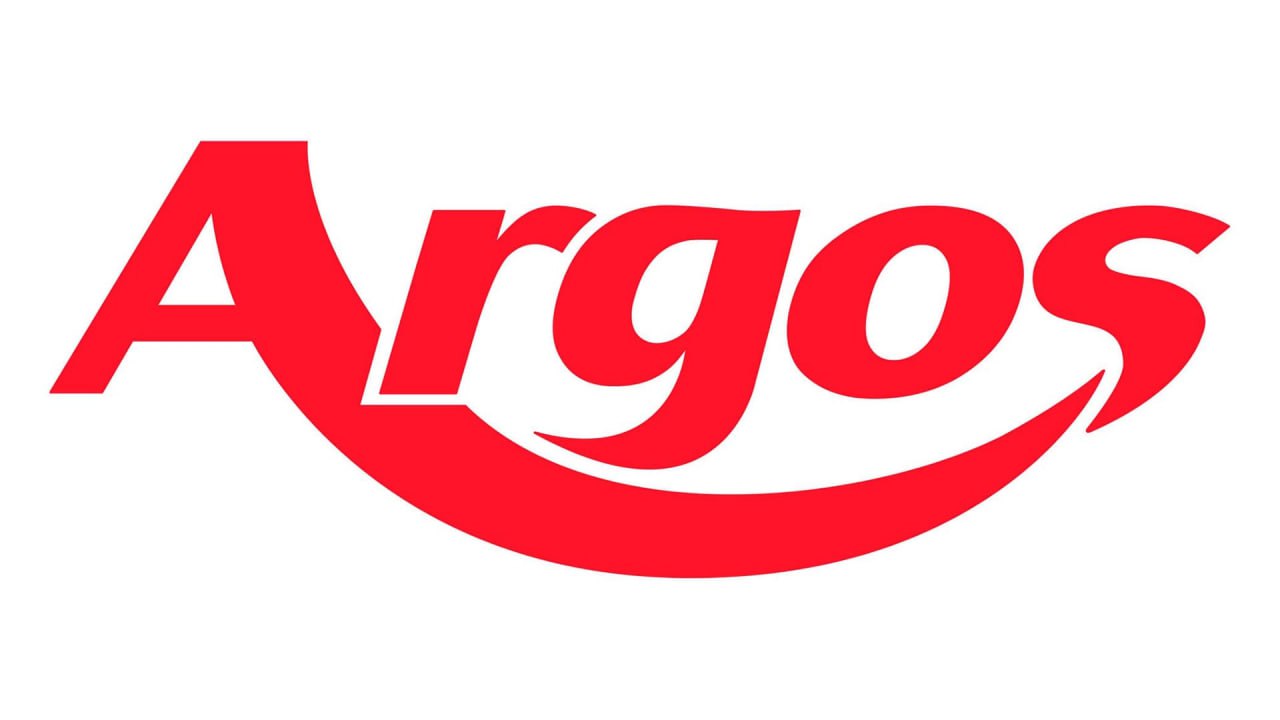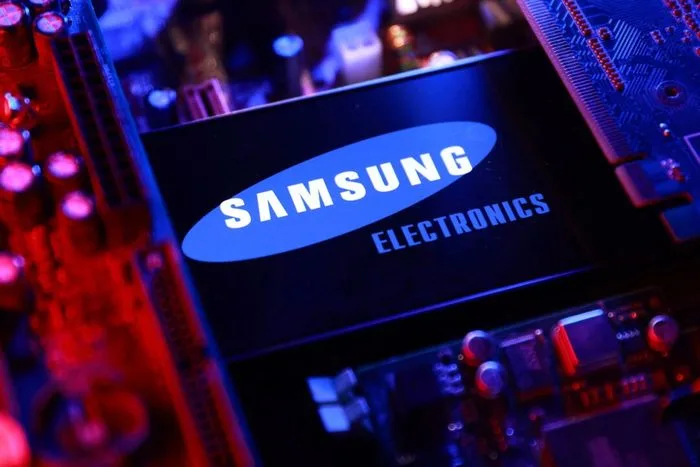By Jacob Burg
The federal government is making the process of building semiconductors in China for chipmakers such as Samsung and SK Hynix more difficult by rescinding authorizations that allowed the companies to receive U.S. semiconductor manufacturing equipment there, according to a recent filing by the Federal Register.
Previously, the Department of Commerce had offered the companies exemptions to a series of restrictions established in 2022 on selling U.S. semiconductor equipment to Beijing.
The filing, created by the Commerce Department’s Bureau of Industry and Security on Aug. 29 and set to be published in the Federal Register on Sept. 2, says the agency had terminated the companies’ verified end-user (VEU) status. That program allowed companies approved by the U.S. government to bypass licensing rules and import, transfer, and export certain goods that usually required licensing.
“Use of Authorization VEU reduces the licensing burden on industry by allowing U.S. exporters to ship designated items to pre-approved entities under a general authorization instead of under multiple individual export licenses,” according to the Bureau of Industry and Security.
The companies will now need to apply for licenses to buy U.S. semiconductor manufacturing equipment to be used in China. Intel was also included in the filing, although it sold its impacted Dalian, China, group earlier this year.
The Commerce Department gave the companies 120 days to obtain the licenses to continue supplying their China-based plants, including for semiconductor manufacturing and other controlled goods.
In a statement, the agency said that the U.S. government intends to grant license applications to let the companies continue operating their current facilities in China, but that it does not plan to grant licenses to increase capacity or upgrade infrastructure.
SK Hynix said it would “maintain close communication with both Korean and the U.S. governments and take necessary measures to minimize the impact on our business.”
Samsung did not respond to a request for comment by publication time.
The South Korean government has reiterated to the Commerce Department the “importance of a stable operation of our semiconductor companies in China for the stability of the global semiconductor supply chain,” according to the South Korean industry ministry.
The ministry added that Seoul will pursue negotiations with Washington to lessen the impact on South Korean companies.
Beijing “opposes the U.S. move” and “will take necessary measures to resolutely safeguard the legitimate rights and interests of enterprises,” according to a spokesperson for China’s commerce ministry.
The Commerce Department’s revocation of licensing exemptions could lower sales to China by U.S. equipment manufacturers Applied Materials, Lam Research, and KLA Corp.
Shares for Applied Materials were down by 2.9 percent, for Lam Research by 4.4 percent, and for KLA Corp. by 2.8 percent, as of Aug. 31.
When the Commerce Department first suggested in June that it may rescind the authorizations, a White House official said the Trump administration was “just laying the groundwork” if the temporary truce in trade negotiations with China deteriorated.
A month later, Seoul and Washington announced a trade agreement, but South Korean President Lee Jae Myung and U.S. President Donald Trump ended their summit last week without finalizing the deal in writing.
Beijing and Washington are still under a tariff truce, in which Chinese exports into the United States are levied at 30 percent and U.S. exports into China are levied at 10 percent until November. The back and forth on tariffs between the two major trade partners has impacted industries from rare-earth metals to U.S. soybeans.
Reuters contributed to this report.





